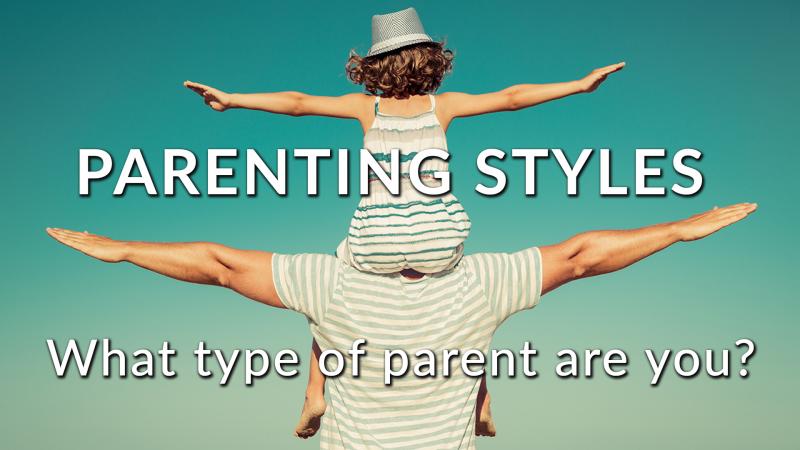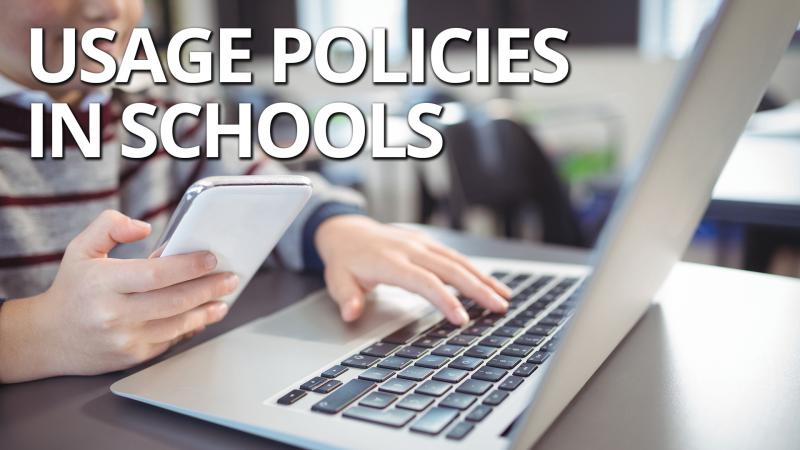SPECIAL REPORTS
SPECIAL REPORT: Parenting Styles
Read More“Many parents today are afflicted with a Vitamin N deficiency…the inability to say, “No” to their children. It's incredibly important that parents set limits and boundaries. The consequences of bad parenting has both short and long-term effects.”
Dr Michael Carr-Gregg
SPECIAL REPORT: Smartphones in Schools
Read More“Mobile phones are not only distracting, but cause stress for young children. Enabling them to focus on lessons and learn better socialising skills, can reduce their social media use and minimise online bullying.”
Dr Michael Carr-Gregg
SPECIAL REPORT: Online Game Fortnite
Read More“The game can be problematic for those kids who play in an ‘obsessive way’. It will interfere with their sleep, it will interfere with, obviously, homework, and it’ll interfere with normal relationships at home.”
Dr Michael Carr-Gregg
SPECIAL REPORT: Cyberbullying
Read More“Up to 70% of primary school kids are on social media but they simply do not have the neurological maturity to manage their digital footprint. Parents need to get tough and understand the risks associated with it.”
Dr Michael Carr-Gregg





